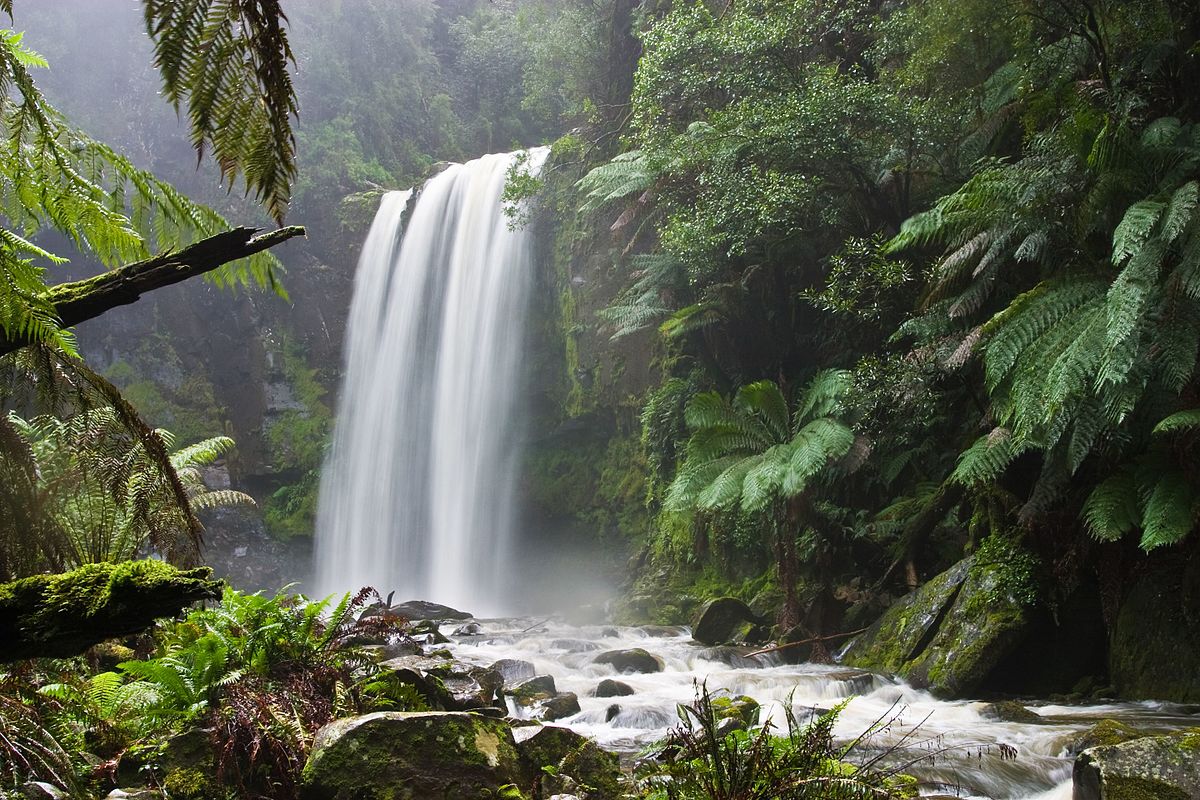Alarming.
There’s no better word that could encapsulate the current state of the world’s natural resources. Scientists believe that, if left unchecked, the loss of vital resources including water and arable lands poses a significant risk on humanity’s ability to secure food and potable water.
Experts say that the destruction of natural resources is a problem as serious as climate change and merits the attention of everyone.
According to Intergovernmental Science-Policy Platform on Biodiversity and Ecosystem Services (IPBES) Chair Robert Watson, people must work together to stop the things that are damaging the environment and turn things around.
Apart from the dwindling number or even the extinction of many plants and animals, the report of IPBES puts the spotlight on the accelerated pace of the conversion of forests into farms.
World Wide Fund’s Living Planet Report, published in 2018, echoes the same sentiment. According to the report, the preservation of species on the brink of extinction must go hand in hand with stabilizing the condition of the climate, the forests, and the seas and oceans.
A loss in any of these critical areas translates to danger for humanity’s future. But what exactly can you do as an individual?
As a parent, there’s a lot that you can do. Taking care of the world is one of humanity’s essential duties as its current inhabitants. However, equally important is the fact that you will be leaving behind the Earth and its existing set of problems to the next generation.
As such, it is imperative that your family, as a cohesive unit, does its share to stem the tide against the degradation and loss of natural resources.
Empowering your children
Here are nature-related activities and tips that will help your family, especially the kids, do their fair share of saving the environment.
Talk about it
As early as possible, talk to your children about the current state of the environment.
Start your conversation by hammering the idea that the use of natural resources is not a birthright — that along with the privilege of using these resources comes the responsibility of replenishing and protecting these.
At home, set a good example and explain the idea behind the best practices for conserving the environment, especially reusing and recycling items that would have been otherwise thrown away.
Expose your family to different environments
Take your family to different types of environments, from forests to beaches. Exposing young kids to different outdoor environments, mainly if they have been accustomed to living in the city, will help them put into proper context the importance of saving the environment.
Invest in and use reusable bags
Whether you are shopping for groceries, clothes, or school supplies, remember to bring along reusable bags. If you do forget to bring one, buy a new one.
Make sure that you explain to your kids that single-use plastic bags pose a considerable amount of risk to both the environment and the wildlife because these take a long time to degrade and often find their way into the seas and oceans.
Skip printing class projects and assignments, if possible
Over the course of each of your children’s school lives, they will print pages and pages of assignments and reports. Unfortunately, most of these papers will end up in the trash bin at the end of the school term.
If possible, ask your children’s teachers if it is possible to turn in a soft copy instead of a printed version of an exam or project. If this is not possible, ask if the homework or project can be printed on both sides of a piece of paper. This will help minimize your kids’ consumption of paper.
Invest in reusable bottles
Instead of including individually packed beverages in your children’s snacks and lunches, invest in reusable containers and encourage your children to bring these with them to school. They can easily refill their bottles with water using the school’s water fountain. Give them custom Nalgenes bottles that they will love to carry.
As for yourself, you can use reusable bottles when ordering drinks from your local cafe.
Be wise about the use of electricity and water
Encourage the whole family to use water and electricity efficiently.
For example, your children should learn to turn off the lights and other appliances when leaving a room.
If possible, avoid using the air conditioner or heater when their use is not absolutely necessary.
Teach your kids to turn off the faucet while they are brushing their teeth. The same thing applies while showering; they should turn off the shower when using shampoo and soap.
The great thing about using water and electricity efficiently is that you can also save money over the long term.
Carpool
If it is not possible for your kids to walk, bike, or take public transportation when going to and from school, take the initiative to start carpooling within your neighborhood. This limits your community’s carbon footprint and also helps everyone save money.
Do your part. Take part.
The conservation of natural resources is everyone’s job. And as a parent, you should know that it is never too early to teach your children that they have a vital role in saving nature.
AUTHOR BIO
Rasha El Saleh is the Conservation Education and Outreach Coordinator in the education team of Emirates Nature-WWF working on its programme, Connect with Nature. She leads the outreach and youth empowerment aspect in growing the Connect with Nature community within the UAE and providing opportunities for youth to lead in this community, in addition to supporting partnerships with vendors supporting and promoting active aspects of the programme.
